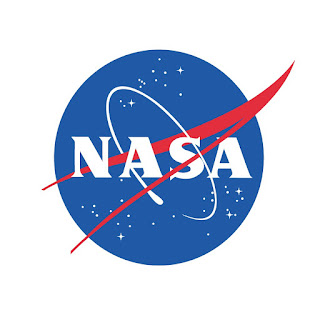Hump Day History
Space is one of my favorite science topics, and today is NASA's birthday.
The National Aeronautics and Space Administration was created when Congress passed legislation on this date, 1958. It was done in response to the Soviet Union's 1957 launch of Sputnik I, a satellite which orbited Earth for 98 minutes. A month later, they launched Sputnik II, carrying a dog named Laika. In December of that year, the US tried to launch Vanguard but it exploded shortly after takeoff.
January 31, 1958 we launched Explorer I, which successfully orbited the earth.
In May 1961, John F. Kennedy confirmed our commitment to winning the space race and putting a man on the moon.
On July 20, 1969 we achieved that goal with the Apollo 11 mission.
On November 20, 1998 the International Space Station was launched and has been in orbit ever since.
This provides a platform for scientific research in such areas as astrobiology, astronomy, physical sciences, materials science, space weather, meteorology, space medicine, and life sciences.
The Alpha Magnetic Spectrometer is one of the most notable experiments, as it is intended to detect dark matter. NASA considers this as important as the Hubble Telescope in answering fundamental questions about our universe.
Hubble was launched April 24, 1990 - decay date is assumed to be somewhere between 2030 and 2040.
Tomorrow, Perservere launches to Mars.
It is expected to land on that location on February 18, 2021.






Comments
Post a Comment